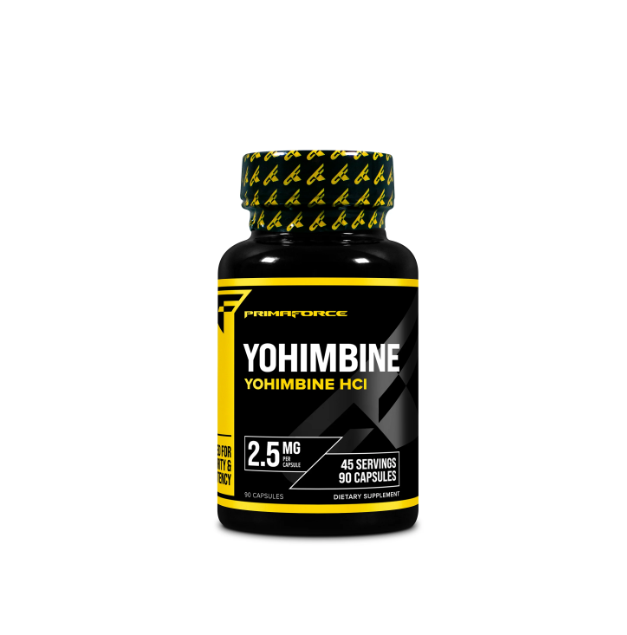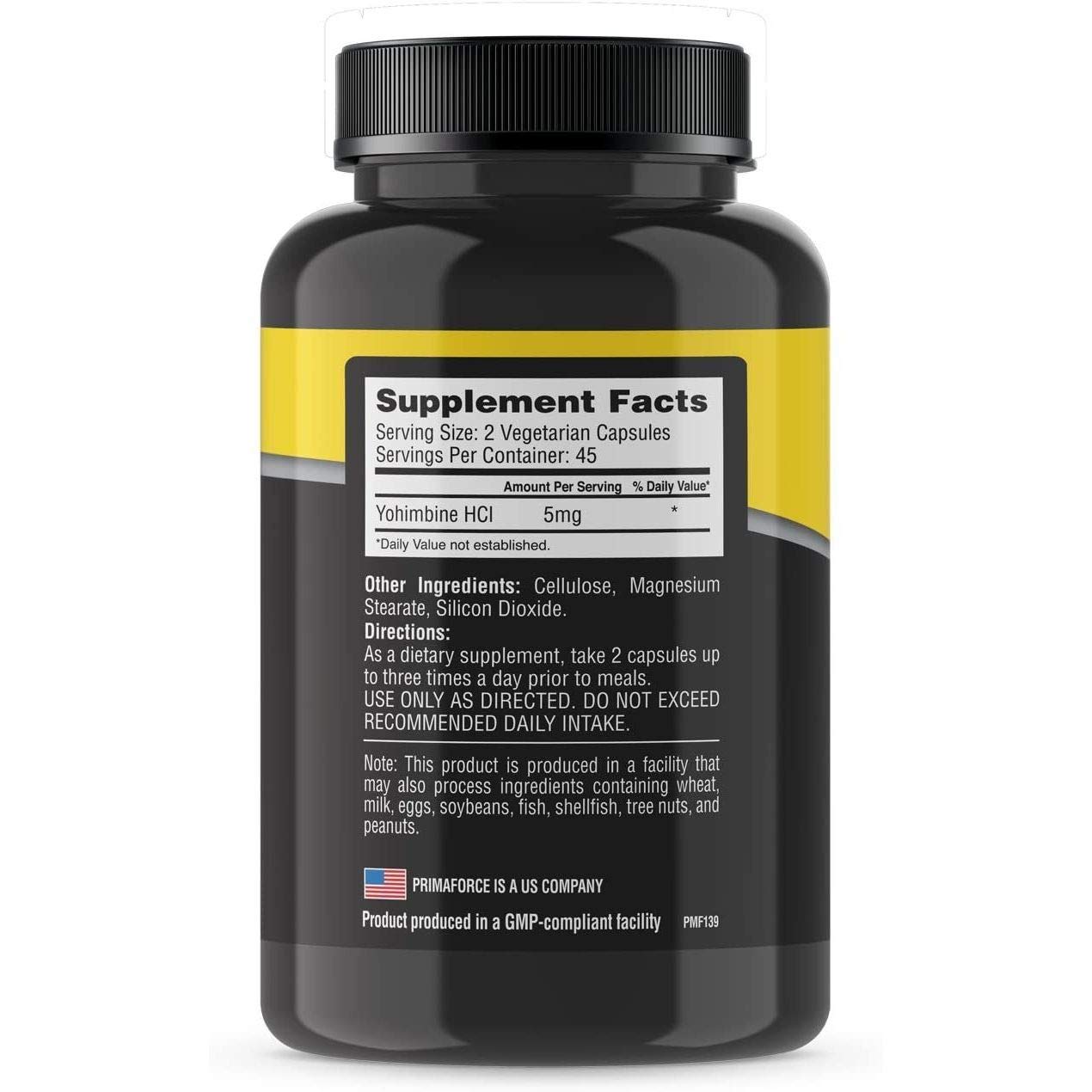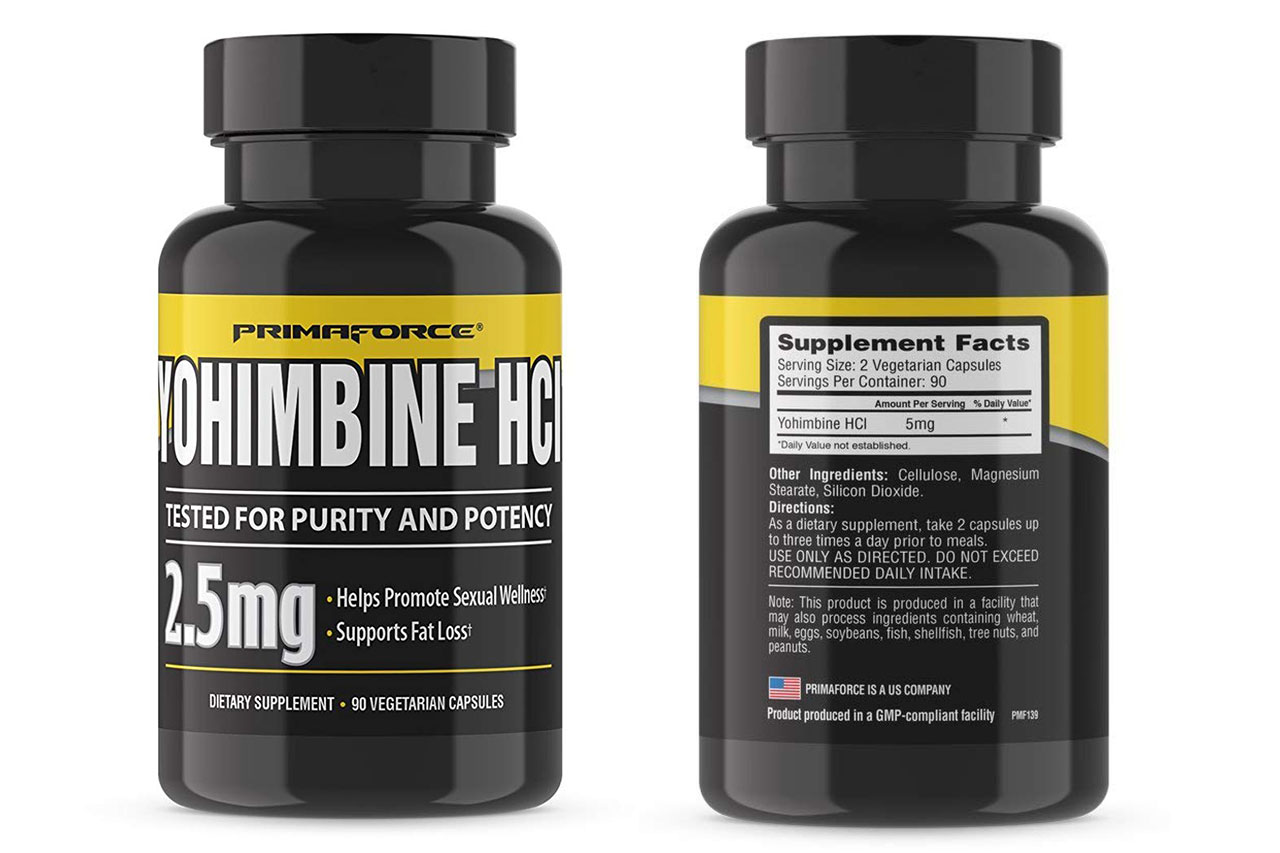Description
Yohimbe (Pausinystalia yohimbe) is an evergreen tree native to Africa. Its bark contains the chemical yohimbine, traditionally used as an aphrodisiac.
The yohimbine in yohimbe can increase blood flow and nerve impulses to the penis or vagina. It can also help counteract the sexual side effects of certain medications used for depression.
People most commonly use yohimbe for sexual problems. It is also used to boost mood, for athletic performance, and other purposes, but there is no good scientific evidence to support these uses.
Side Effects
When taken by mouth: Yohimbe is possibly unsafe. A chemical in yohimbe, called yohimbine, has been linked to severe side effects including irregular heartbeat, heart attack, and others. It can be safely used short-term when monitored by a healthcare provider. But it shouldn’t be used without medical supervision.
Special Precautions and Warnings
When taken by mouth: Yohimbe is possibly unsafe. A chemical in yohimbe, called yohimbine, has been linked to severe side effects including irregular heartbeat, heart attack, and others. It can be safely used short-term when monitored by a healthcare provider. But it shouldn’t be used without medical supervision. Pregnancy and breast-feeding: Yohimbe is likely unsafe. Yohimbe might affect the uterus and put pregnancy in danger. It might also poison the unborn child. Don’t take yohimbe if you are pregnant or breast-feeding.
Anxiety: Yohimbe might make anxiety worse in people with panic disorder. Don’t use yohimbe if you have anxiety.
Prostate problems: Yohimbe might make the symptoms of BPH (benign prostatic hyperplasia) worse. Use yohimbe with caution if you have BPH.
High blood pressure: Yohimbe can increase blood pressure. Don’t use it if you have high blood pressure.
Kidney disease: Yohimbe might slow or stop the flow of urine. Don’t use yohimbe if you have kidney disease.
Liver disease: Liver disease might change the way the body processes yohimbe. Don’t use yohimbe if you have liver disease.
Post-traumatic stress disorder (PTSD): Yohimbe might make PTSD symptoms worse.
Schizophrenia: The yohimbine in yohimbe might trigger psychosis in people with schizophrenia.
Surgery: Yohimbe might increase the risk for bleeding. People who take yohimbe should stop at least 2 weeks before surgery.
Dosing
There isn’t enough reliable information to know what an appropriate dose of yohimbe might be. Keep in mind that natural products are not always necessarily safe and dosages can be important. Also note that yohimbe supplement products have been found to commonly list inaccurate information on their product labels. Also, some yohimbe supplements list yohimbine hydrochloride as an active ingredient. Yohimbine hydrochloride is not legal to sell as a dietary supplement in the US.











